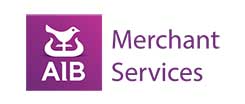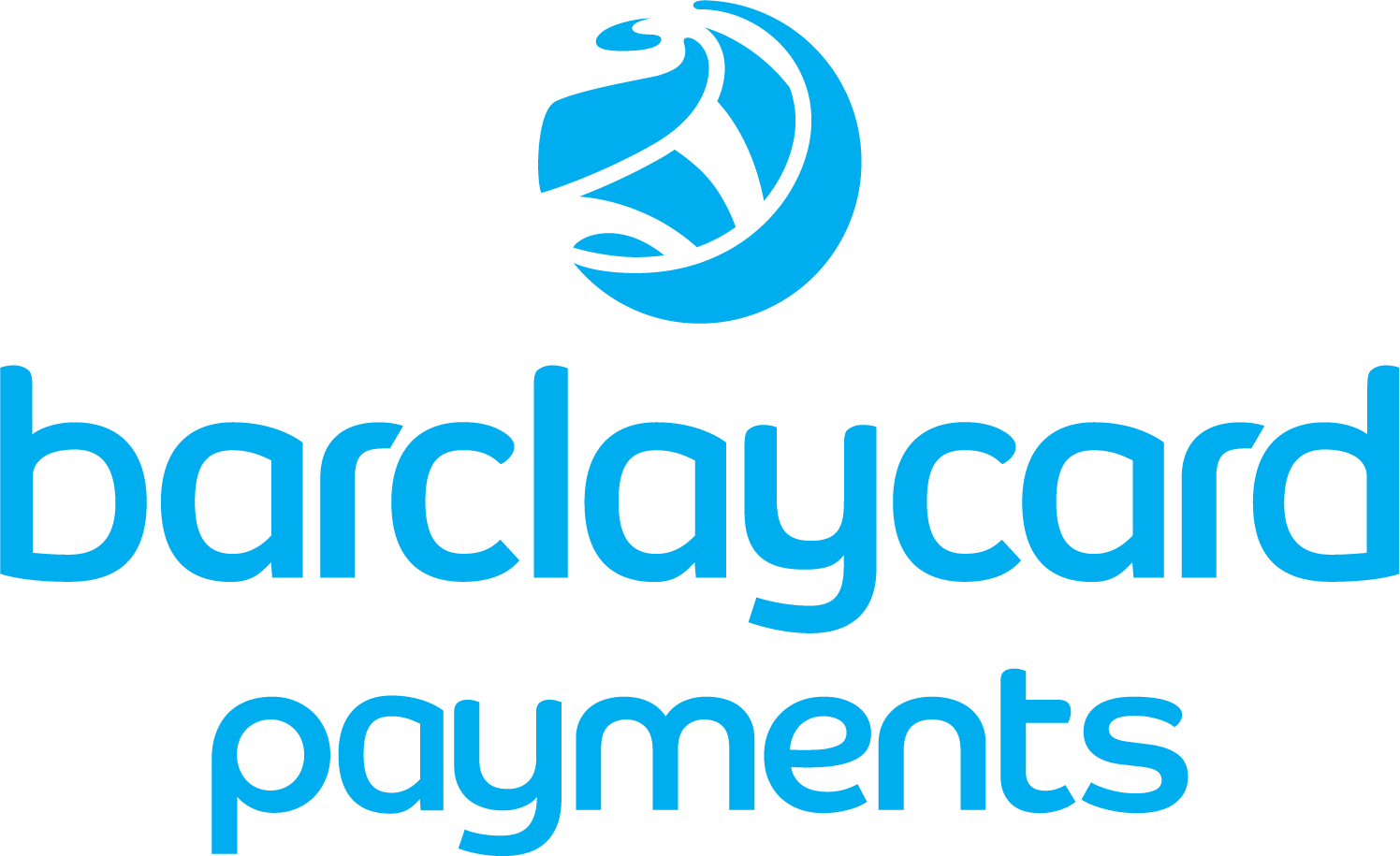Compare Card Payment providers the Easy way
- Direct access to the best rates from the UK leading providers
- One enquiry – all the information you need
- Avoid Lead Generation websites
- We don’t sell your data to anyone
- Rates from 0.26%
- Minimise your card payment processing fees





We're rated Excellent on
Understanding a Charge Card: Benefits, Drawbacks, and Key Features
In the world of payment cards, a charge card stands out as a unique financial tool, offering distinct advantages and limitations compared to credit cards and debit cards. While they function in a similar way to credit cards, charge cards operate under different rules, particularly concerning spending limits, repayment methods, and interest charges.
This guide explores the key differences between charge cards and other payment options, their benefits and drawbacks, and how they can impact your credit score and financial habits—especially for business travel, entertainment expenses, and large purchases.
What Is a Charge Card?
A charge card is a type of payment card that allows users to make purchases without a preset spending limit, unlike credit cards, which come with a pre-set limit based on the user’s credit report and financial history. However, this doesn’t mean spending is unlimited—charge card providers (such as American Express) assess spending power based on factors like income, payment history, and financial behaviour.
The most crucial feature of charge cards is that they require the full balance to be paid by the due date each month, unlike credit cards, which allow minimum payments and accrue interest on unpaid balances.
How Do Charge Cards Work?
-
No preset spending limit, but approval depends on spending habits and financial data.
-
The statement balance must be paid in full each billing period—no repayment flexibility.
-
They do not charge interest on purchases since balances cannot be carried over.
-
Late or missed payments can result in late fees and damage to your credit score.
Key Differences Between Charge Cards and Credit Cards
|
Feature |
Charge Card |
Credit Card |
|---|---|---|
|
Spending Limit |
No pre-set spending limit |
Fixed credit limit based on creditworthiness |
|
Repayment Method |
Full balance due each month |
Option to pay minimum payment or more |
|
Interest Charges |
No interest if paid on time |
Accrue interest on unpaid balances |
|
Annual Fee |
Often higher fees (e.g., American Express) |
Varies (some with no annual fee) |
|
Late Fees |
Penalties for missed payments |
Late fees apply, but partial payments allowed |
|
Credit Impact |
Can help or hurt credit score if mismanaged |
Affects credit report based on utilization |
Benefits of Using a Charge Card
1. No Preset Spending Limit
Unlike most credit cards, charge cards don’t have a pre-set limit, making them ideal for businesses charging high entertainment expenses or frequent business travel. However, the card issuer may impose soft limits based on spending patterns.
2. No Interest Charges
Since charge cards require full payment each month, they do not charge interest—unlike credit cards, which apply annual percentage rate (APR) on carried balances.
3. Helps Control Debt
For those who struggle with borrowing money and carrying debt, charge cards enforce disciplined spending by mandating balance in full repayment.
4. Premium Rewards and Perks
Many charge card providers (like American Express) offer rewards, such as:
-
Points that can be earn points for travel or cashback.
-
Travel insurance, airport lounge access, and concierge services.
-
Exclusive discounts at certain shops.
5. Positive Impact on Credit Score
When used responsibly, charge cards can strengthen your credit report by demonstrating consistent payment history. However, missed payments can have severe consequences.
Drawbacks of Charge Cards
1. High Annual Fees
Many charge cards come with high annual fees, sometimes costing hundreds of pounds per year, especially premium cards aimed at frequent travellers or high spenders.
2. Strict Repayment Terms
Unlike credit cards, which allow minimum payments, charge cards require full payment each month. Failure to pay can lead to late fees and account suspension.
3. Limited Acceptance
While major providers like American Express are widely accepted, some small businesses or certain shops may not take charge cards due to higher fees for merchants.
4. No Cash Withdrawals
Most charge cards do not allow withdrawals from cash machines, making them unsuitable for accessing cash advances.
5. Potential for High Penalties
Since charge cards incur interest only in cases of late payment, penalties for missed payments can be steep, including account closure and credit damage.
Who Should Use a Charge Card?
1. Business Professionals
Charge cards are primarily aimed at business users who need flexibility for company account expenses without worrying about a credit limit.
2. High-Income Earners
Individuals who can comfortably pay off their card balance in full each month benefit from rewards without worrying about interest rates.
3. Those Avoiding Debt
Since charge cards do not allow unpaid balances, they’re ideal for people who want to avoid borrowing money and accumulating debt.
4. Frequent Travellers
With perks like travel insurance and rewards, charge cards are great for those who spend heavily on business travel.
Charge Cards vs. Credit Cards: Which Is Better?
The choice depends on your financial habits:
-
Use a charge card if:
-
You can pay the full balance monthly.
-
You want no interest charges and spending flexibility.
-
You value premium rewards and travel perks.
-
-
Use a credit card if:
-
You need repayment flexibility (minimum payments).
-
You want to borrow money over a short period.
-
You prefer lower annual fees and wider acceptance.
-
Final Thoughts
Charge cards offer a unique payment card solution for disciplined spenders who want to avoid interest charges and enjoy premium benefits. However, their higher fees and strict repayment method make them unsuitable for everyone.
Before choosing a charge card, consider your spending habits, ability to pay the balance in full, and whether the rewards justify the high annual fees. For small businesses or individuals who need credit, traditional credit cards offer more flexibility.
By understanding how charge cards work, you can decide whether they align with your financial goals—helping you spend wisely while maximizing rewards.
Key Takeaways
✅ No preset spending limit—but not unlimited.
✅ Must pay full balance monthly—no minimum payment option.
✅ No interest charges—unlike credit cards.
⚠️ High annual fees—can cost hundreds per year.
⚠️ Strict penalties for missed payments—damages credit score.
💳 Best for business travel, high spenders, and those avoiding debt.
